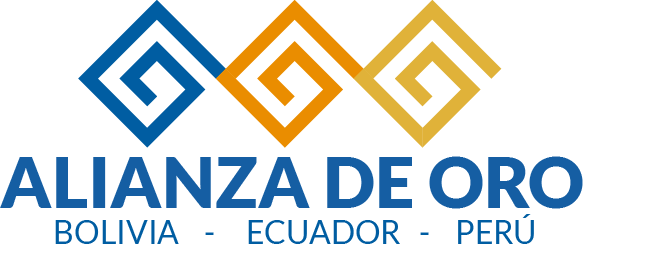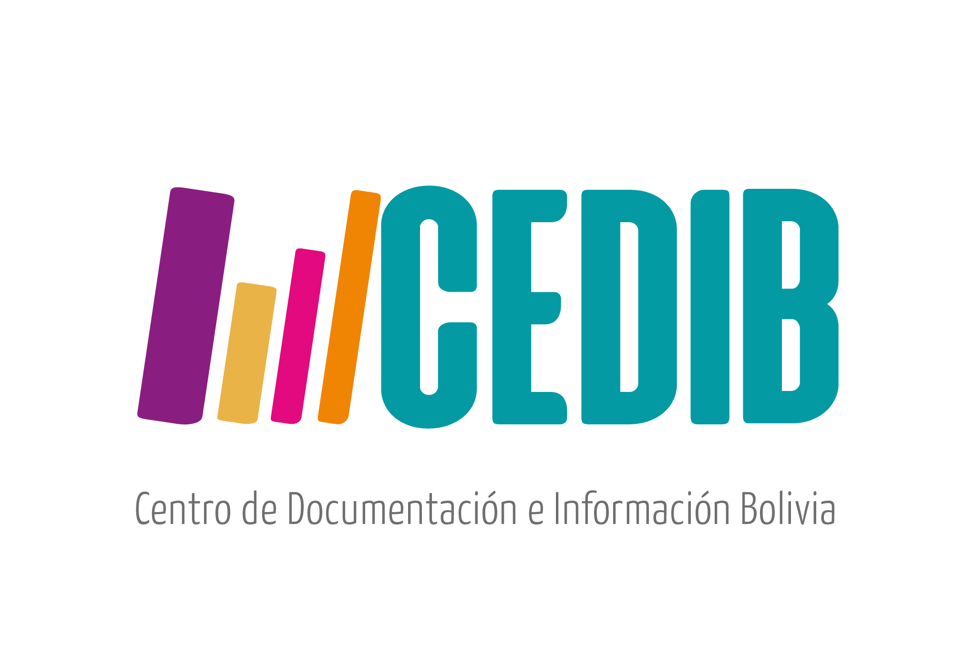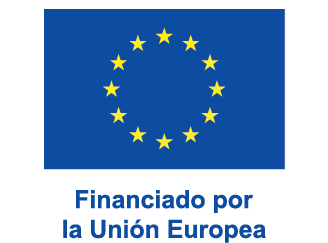The project is focused on strengthening civil society and Andean communities against the negative (social, political, environmental and economic) consequences of mining activities.
Mining is traditionally a very relevant activity for the economic strategies of the Latin American countries. However, the negative effects have almost always outweighed the benefits. Its environmental effects are known; its effects on the violation of Human Rights (HR) are also relevant, but much less prominent. This reality has remained in these years, despite the fact that some governments declare themselves defenders of indigenous peoples and rights of Mother Earth. The partners of the consortium implementing the Action acknowledge this situation, expressed in many ways by the communities, in relation to the right to consultation of indigenous peoples, to the defense of the territory, to a healthy and adequate environment for life, to the citizen participation in the management of natural resources, water, health, etc. Mining activities introduce new cultural elements that transform territories and relationships between the communities that inhabit them.
The objective of the project aims to reduce the effects on human rights and create a greater balance in the distribution of the benefits of mining activity. The element that is considered key to achieve this goal, and which has been prioritized as an area of intervention is the promotion of good responsible and sustainable mining practices by companies. This also includes the respect for agreements already made with the communities and the State (violated many times with impunity). These good practices are in part contained in the Guiding Principles of the UN on companies and human rights and on the Due Diligence criteria proposed by OCSE.
The intention is that the company not only respect the agreements in the specific situation, but also starting from these behaviors, incorporate these criteria into its practices.





